Brasileiros em Israel "Lorem ipsum dolor sit amet, consectetur adipiscing elit, sed do eiusmod tempor incididunt ut labore et dolore magna aliqua. Ut enim ad minim veniam, quis nostrud exercitation ullamco laboris nisi ut aliquip ex ea commodo consequat. Duis aute...
NOTAS SOBRE A SUBESTIMAÇÃO DA POPULAÇÃO BRASILEIRA

NOTAS SOBRE A SUBESTIMAÇÃO DA POPULAÇÃO BRASILEIRA
A subestimação das populações imigrantes nos Censos dos Estados Unidos (Decennial Census) e no American Community Survey (ACS) é um tema recorrente na literatura acadêmica, nos relatórios técnicos do U.S. Census Bureau e nas análises de organizações de defesa dos direitos dos imigrantes.
Os argumentos podem ser agrupados em fatores estruturais, fatores metodológicos e fatores sociopolíticos:
1. Fatores Estruturais
Estes decorrem das próprias características socioeconômicas, geográficas e culturais das comunidades imigrantes:
-
Alta mobilidade residencial: Imigrantes — especialmente os recém-chegados ou com status migratório instável — tendem a mudar de endereço com frequência, dificultando sua localização pelos recenseadores e reduzindo a probabilidade de inclusão nas listas de endereços atualizadas.
- Concentração em moradias superlotadas ou não convencionais: Famílias ou grupos de imigrantes muitas vezes compartilham residências, vivem em porões, garagens convertidas ou habitações informais, que podem não constar no Master Address File (MAF) do Census Bureau.
- Barreiras linguísticas e culturais: Limitações no inglês e a ausência de materiais adequados em línguas maternas podem levar à não compreensão das perguntas, à baixa confiança no processo e à ausência de participação.
Além desses fatores, há ainda uma série de outros elementos que contribuíram para a subenumeração. Um exemplo recente e particularmente ilustrativo foi o Censo de 2020, que coincidiu com o início da pandemia da COVID-19, gerando inúmeros obstáculos operacionais e logísticos. Cidades com elevada concentração de estudantes foram especialmente afetadas, uma vez que grande parte desse contingente deixou temporariamente esses locais, retornando às suas regiões ou países de origem.
Adicionalmente, o medo e a profunda disrupção da vida cotidiana levaram muitas pessoas a não priorizar a resposta ao Censo. Outro fator relevante foi a impossibilidade de mobilização das prefeituras, universidades e organizações comunitárias e religiosas — atores fundamentais no engajamento populacional por meio dos chamados Complete Count Committees (CCC). Durante a pandemia, essas instituições concentraram seus esforços no atendimento às demandas emergenciais de saúde e assistência social, o que comprometeu severamente sua capacidade de apoiar a realização do Censo.
To access the Policy Paper, click this LINK:
Papers:
USA – The Politization of the Statistical System by Marcio Pochmann
Brasileiros em Israel
Brasileiros em Londres
Enquanto o Censo Britânico de 2001 enumerava apenas 8 mil brasileiros morando em Londres, estimativas não oficiais punham este número entre 15.000 e 50.000 (Cwerner, 2001). Hoje, organizações brasileiras baseadas em Londres estimam que…
Brasileiros nos EUA e em Massachusetts
Este documento é patrocinado pelo Instituto Gaston e pelo Instituto Diaspora Brasil (IDB). Ele atualiza o relatório ‘Brasileiros nos EUA e em Massachusetts: Um Perfil Demográfico e Econômico’ publicado em 2007 por Álvaro Lima e Carlos Eduardo Siqueira.
As comunidades imigrantes…
NOTAS SOBRE A SUBESTIMAÇÃO DA POPULAÇÃO BRASILEIRA
NOTAS SOBRE A SUBESTIMAÇÃO DA POPULAÇÃO BRASILEIRA A subestimação das populações imigrantes nos Censos dos Estados Unidos (Decennial Census) e no American Community Survey (ACS) é um tema recorrente na literatura acadêmica, nos relatórios técnicos do U.S....
U.S. -Brazil Relations: Key Areas and Challenges Under the Trump Administration – Immigration Issues
U.S.-BRAZIL RELATIONS: KEY AREAS AND CHALLENGES This policy paper is the result of a collaborative effort driven by a dedicated group of individuals whose expertise and commitment have greatly enhanced its content. We would like to extend special thanks to the...
Instituto Diáspora Brasil atualiza perfil da comunidade brasileira em MA
O Instituto Diáspora Brasil realizará um estudo para atualizar o perfil da comunidade brasileira em Massachusetts nos próximos meses. O objetivo é compreender as experiências de vida dos imigrantes brasileiros no estado após a comunidade ter quase dobrado de tamanho na última década…
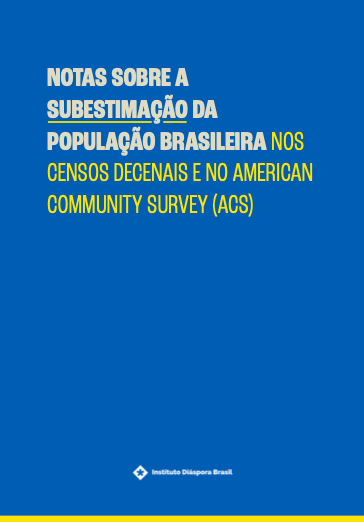

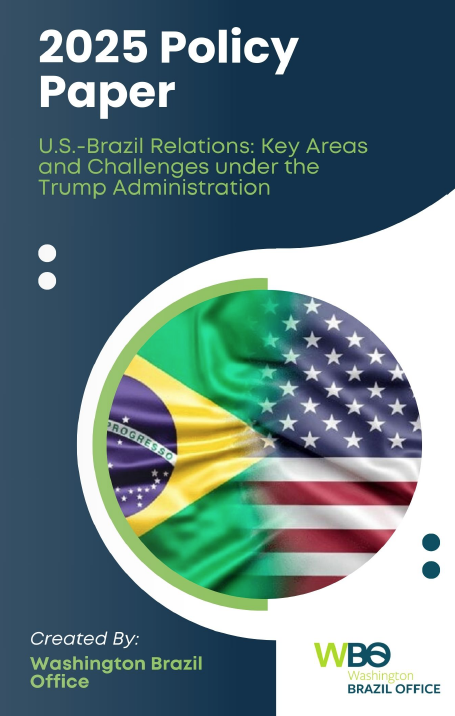








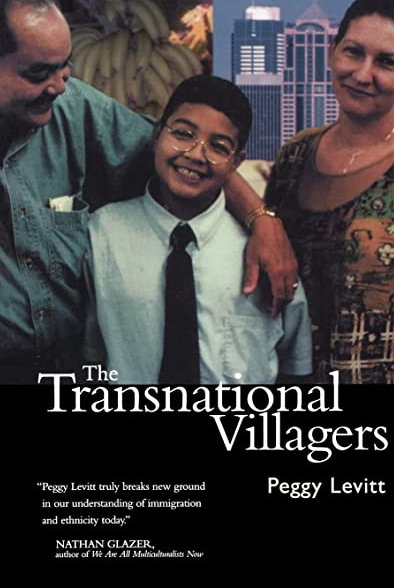




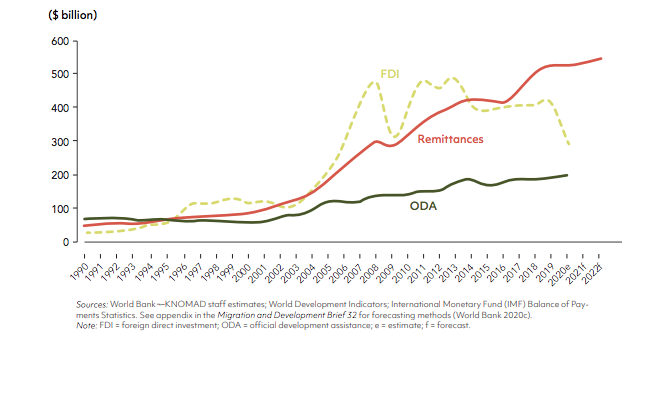
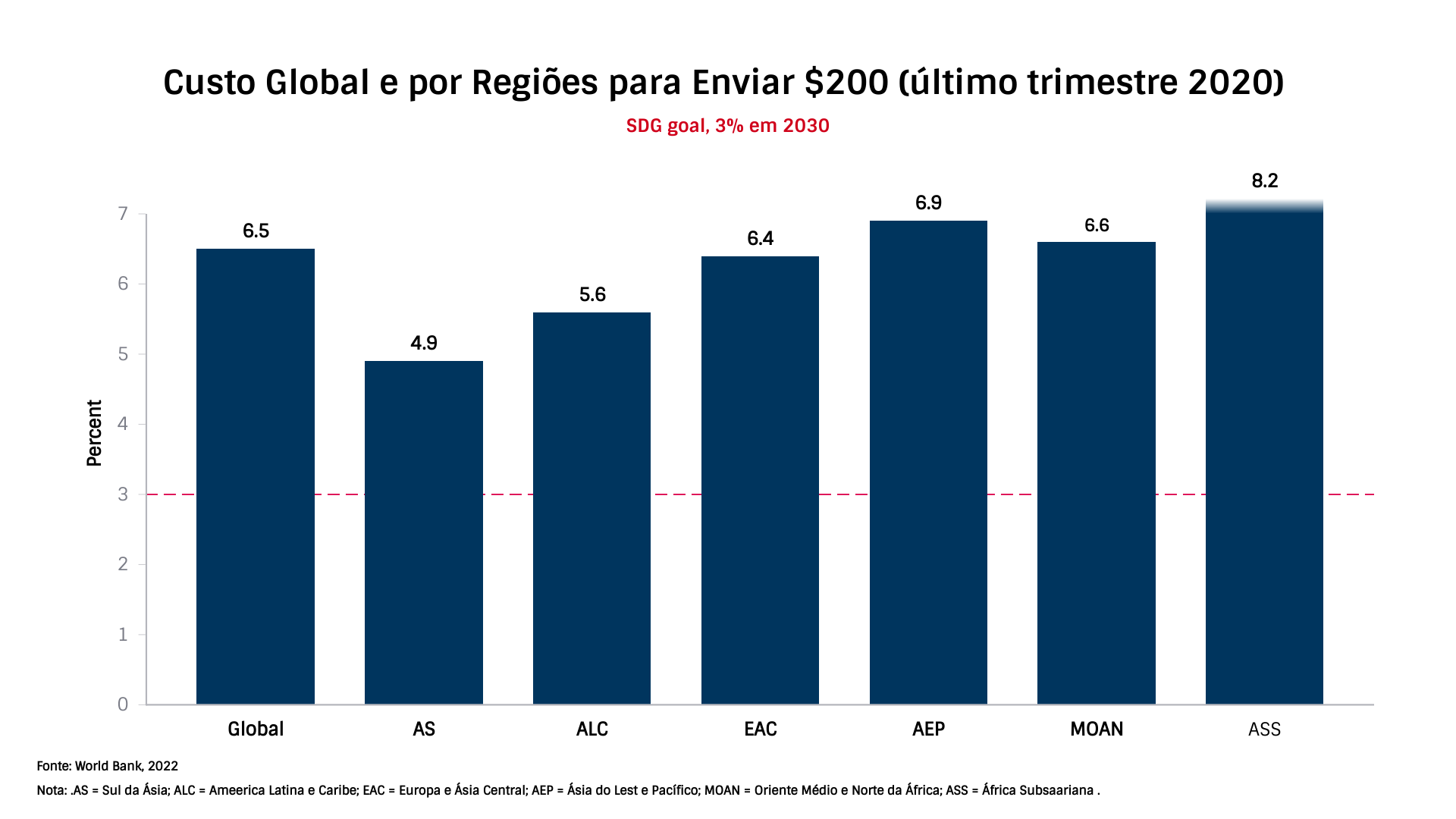
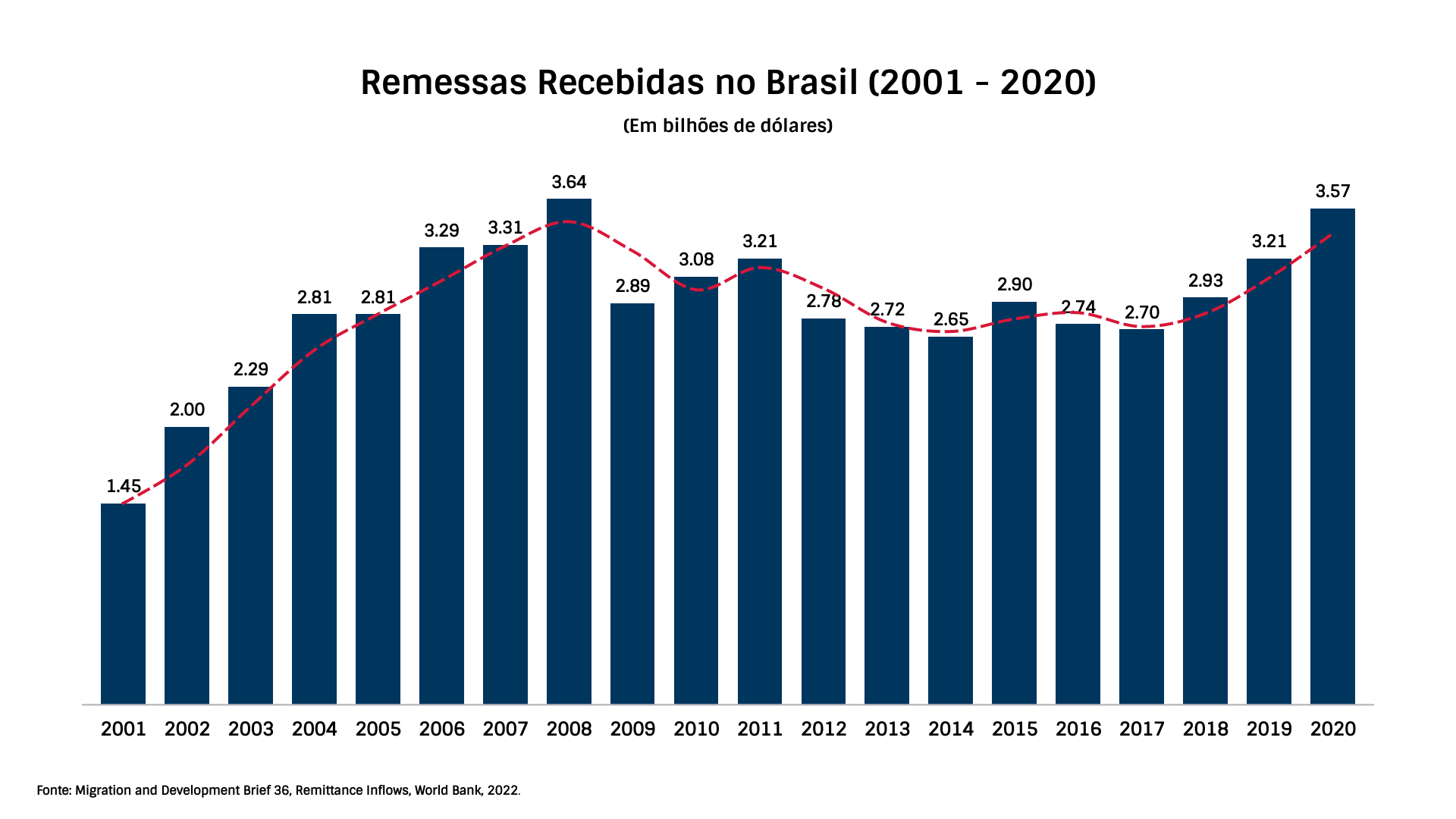
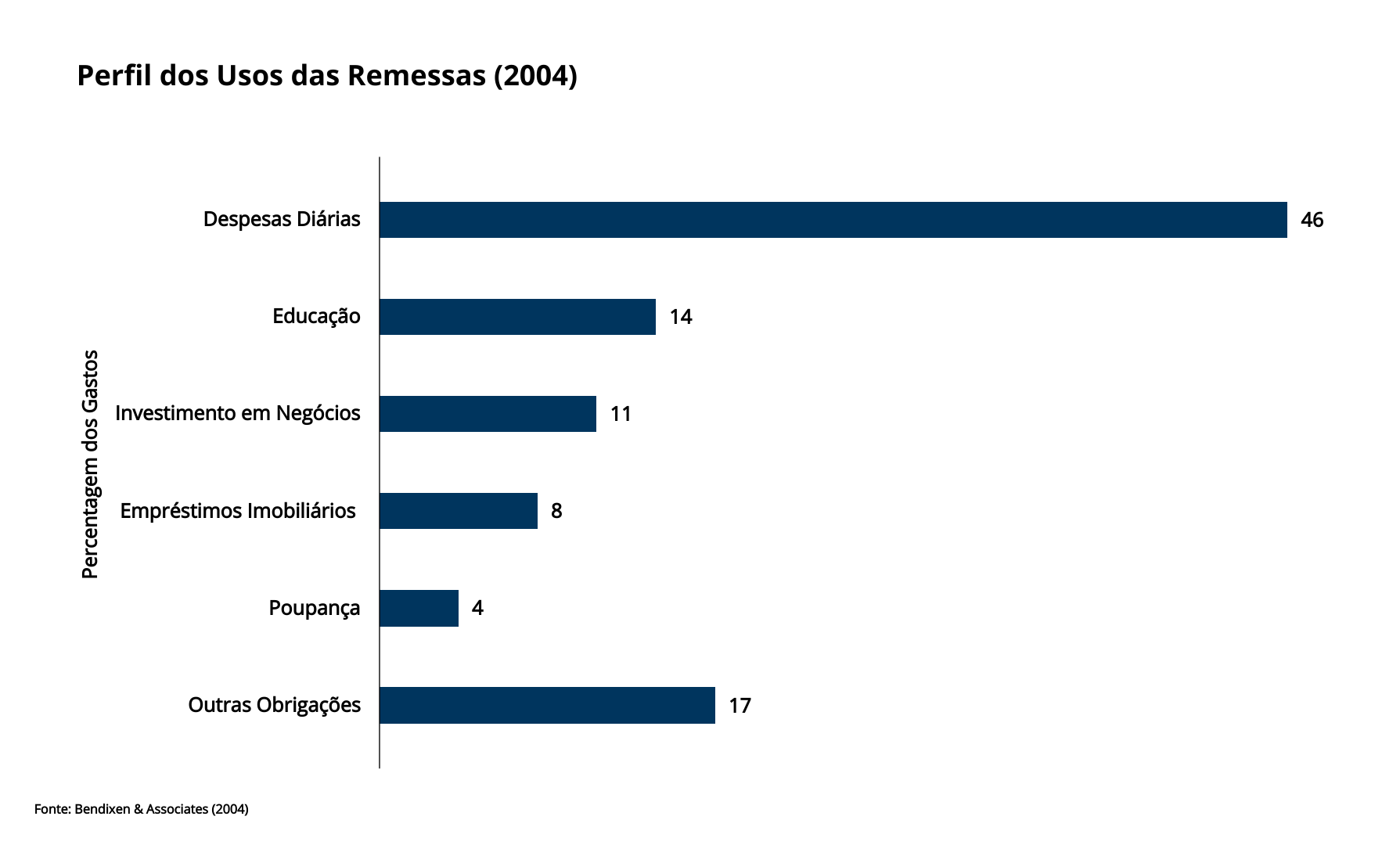

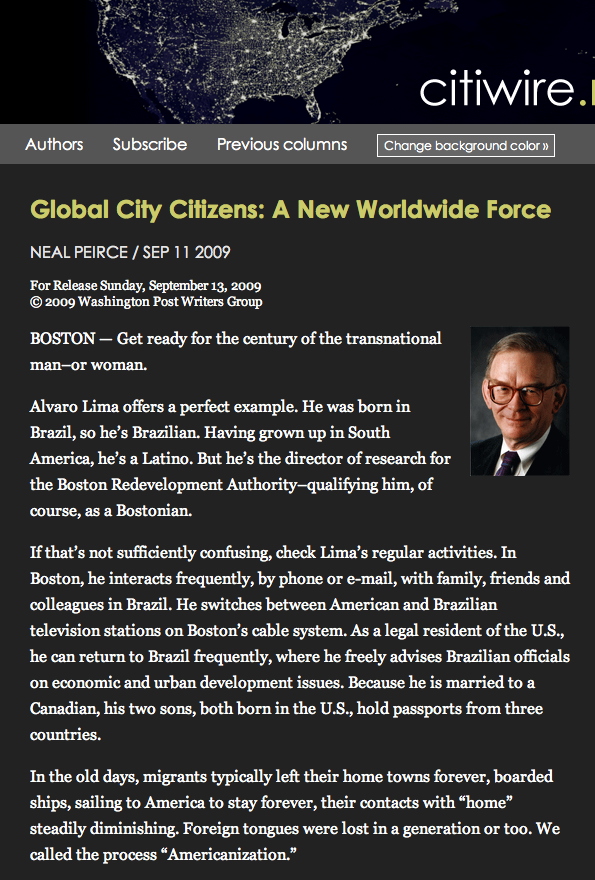
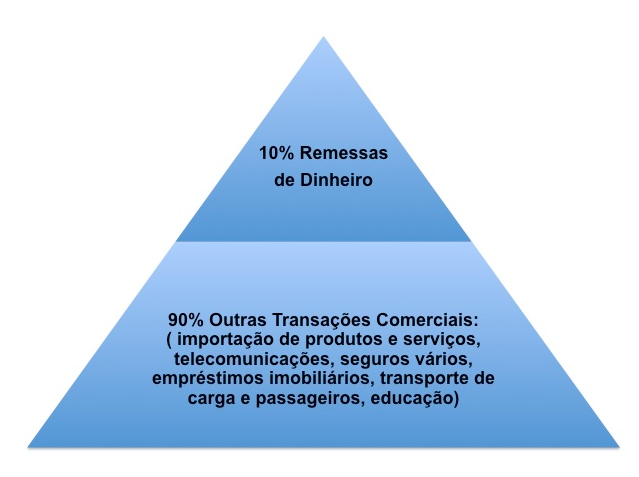
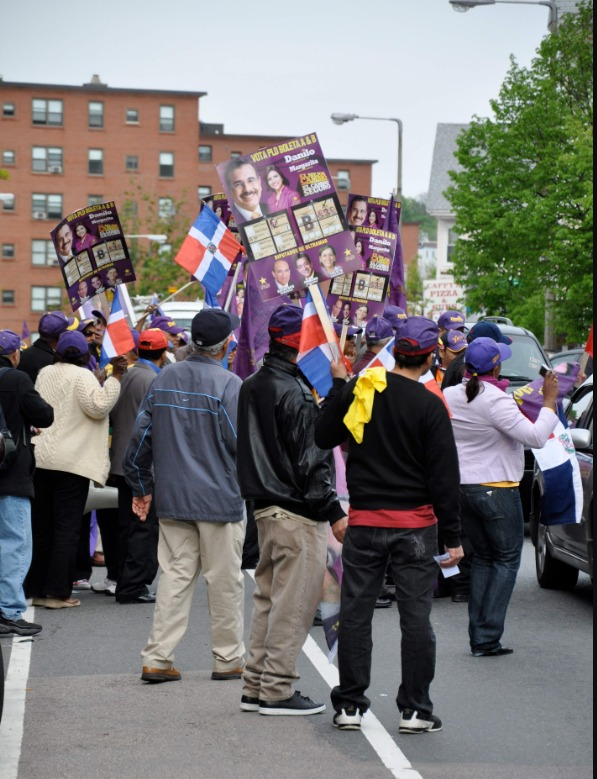
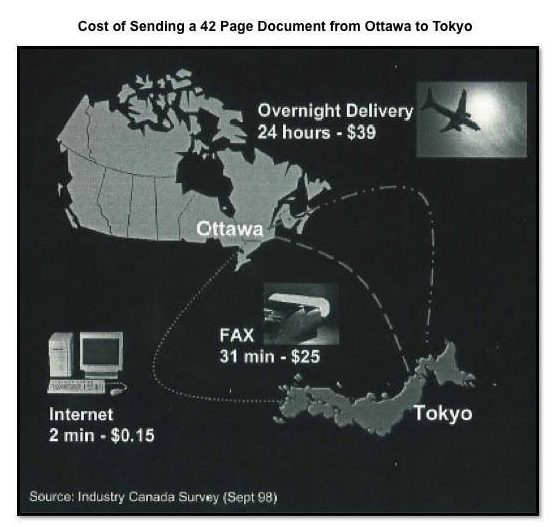




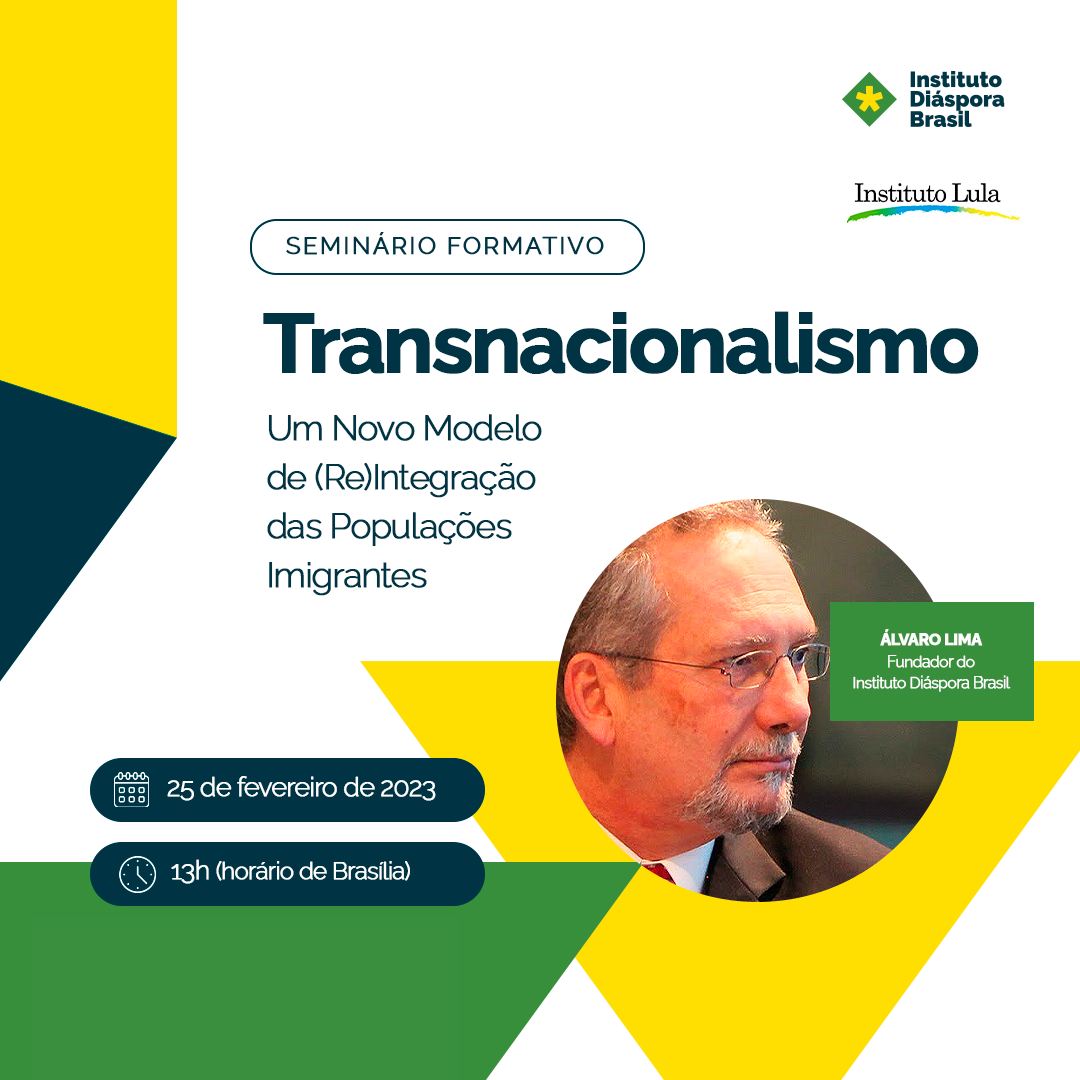



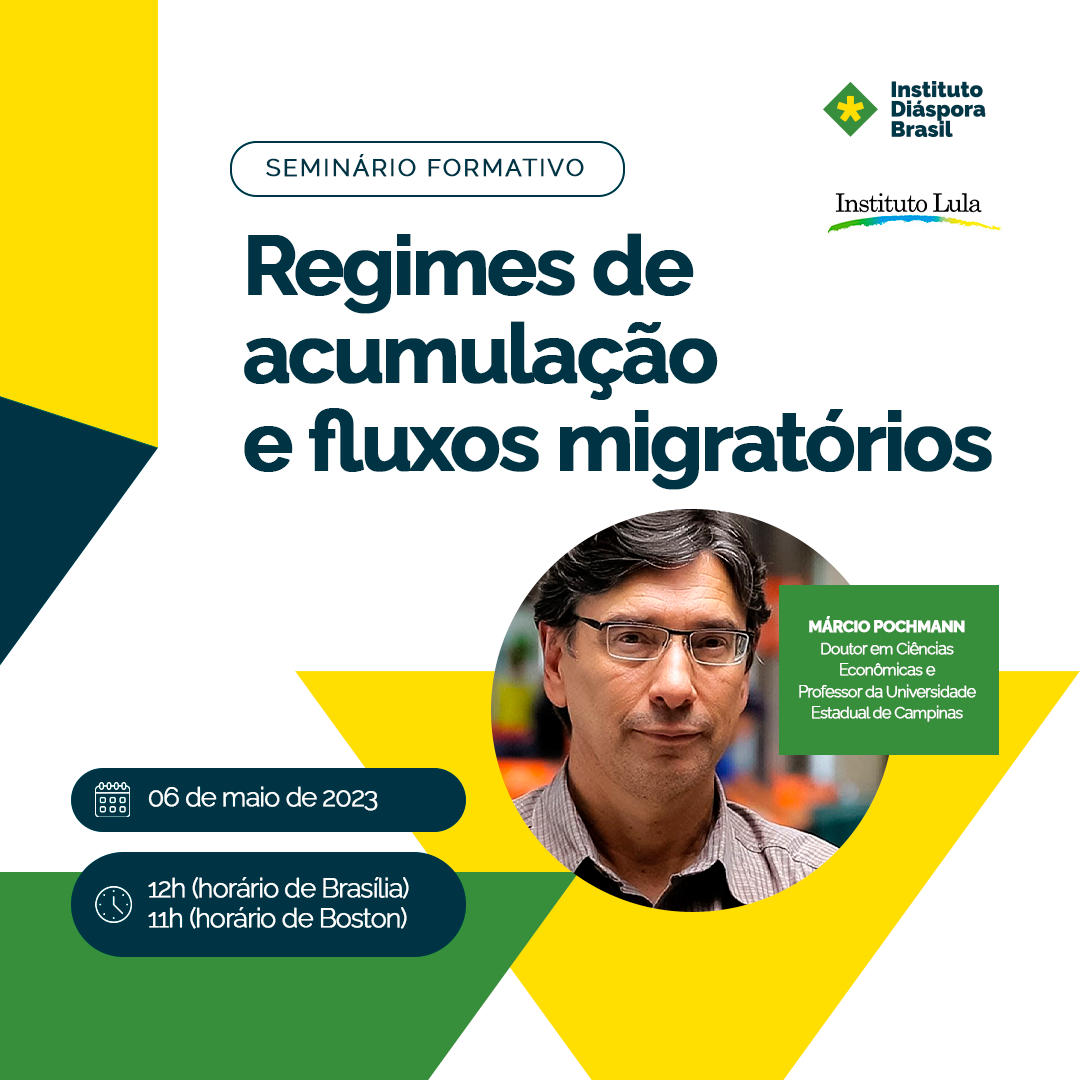 Marcio Pochmann é Doutor em Ciências Econômicas e professor titular do Instituto de Economia da Universidade Estadual de Campinas e autor de mais de 60 livros sobre economia, trabalho, sociedade e políticas públicas. Além da atuação como pesquisador no Brasil e no exterior, acumulou experiências na gestão pública como secretário do Desenvolvimento, Trabalho e Solidariedade da cidade de São Paulo e presidente do Instituto de Pesquisa Econômica Aplicada (Ipea), em Brasília.
Marcio Pochmann é Doutor em Ciências Econômicas e professor titular do Instituto de Economia da Universidade Estadual de Campinas e autor de mais de 60 livros sobre economia, trabalho, sociedade e políticas públicas. Além da atuação como pesquisador no Brasil e no exterior, acumulou experiências na gestão pública como secretário do Desenvolvimento, Trabalho e Solidariedade da cidade de São Paulo e presidente do Instituto de Pesquisa Econômica Aplicada (Ipea), em Brasília.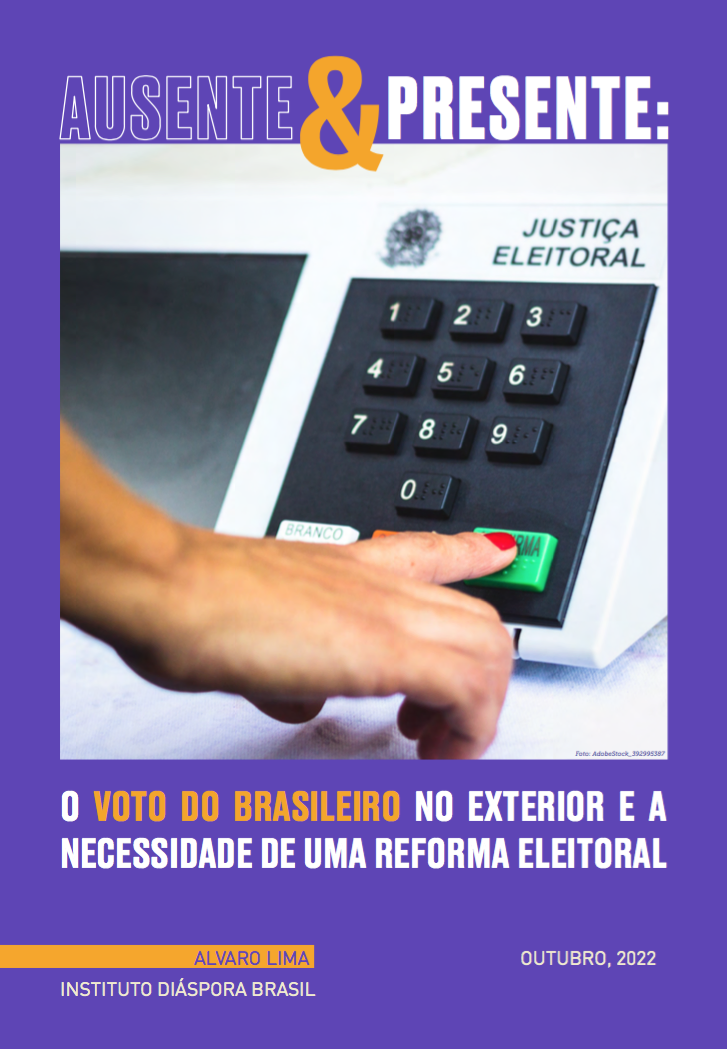
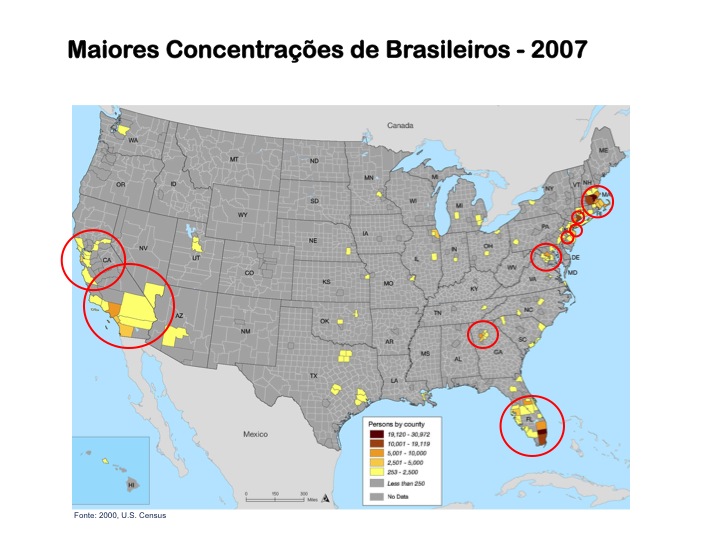

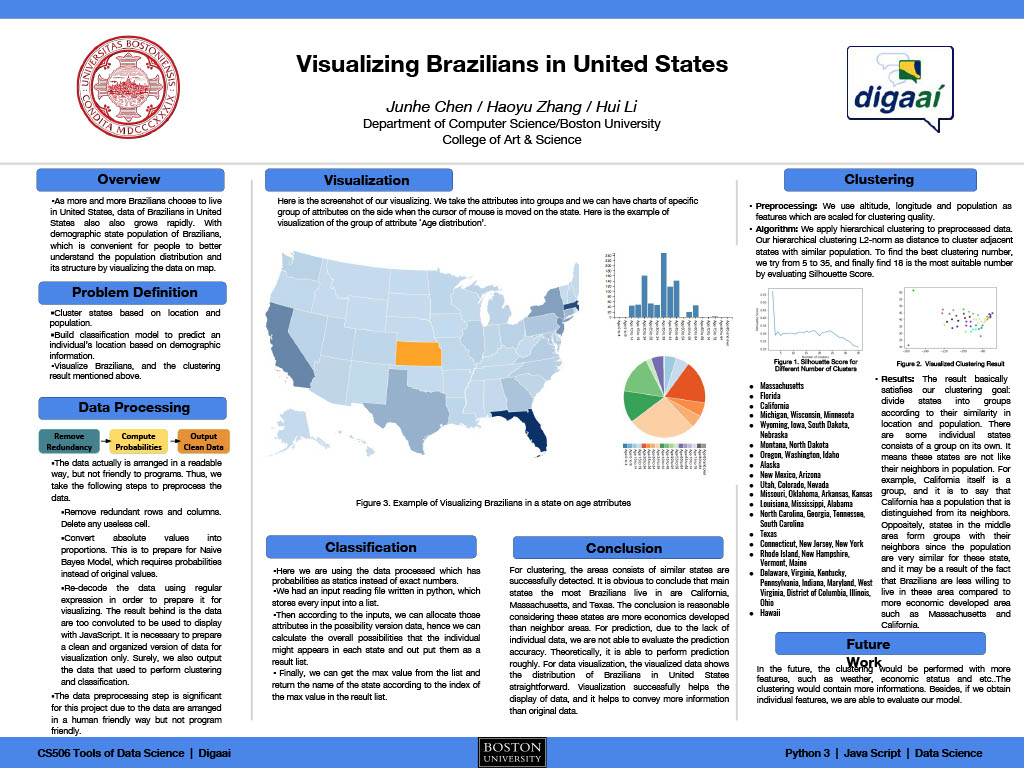
Recent Comments